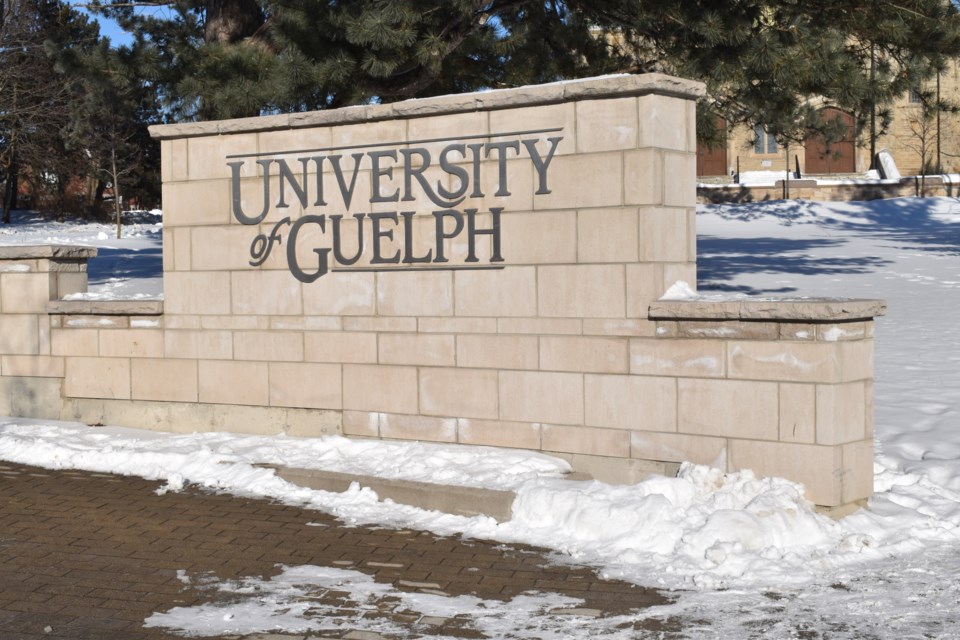A survey conducted by the University of Guelph Central Student Association (CSA) found a large number of students have lingering concerns after the university returned to in-person learning on Jan. 31.
The survey, which was sent out via email to the undergraduate listserv of roughly 25,000 students, garnered 5,524 responses with 5,472 valid after excluding empty responses and previews.
The nine-question survey gauged the student's reception to the university's plan for a full return to campus by determining the student's comfortability with returning to campus, if they felt the university was adequately handling the pandemic and concerns about falling behind on coursework.
Respondents were also asked whether they lived in Guelph, what year they are in and what school they are studying.
The responses were fairly evenly distributed between first, second, third and fourth-year students, with eight per cent of respondents identifying as fifth year or above students.
Nearly three-quarters of respondents identified as currently living in Guelph, with 1,023 saying they commute.
When asked “are you concerned about returning to campus on January 31st?” 5,217 responses were accumulated with 2,187 (42 per cent) responding definitely yes, 1,152 somewhat yes and 295 responding might or might not.
In comparison, 996 responded definitely not and 587 responded somewhat not.
“It’s been a big issue, the clear communication and transparency, listening to students voices, I feel that's definitely been an issue that comes and goes,” said CSA academic vice-president Lisa Kazuhara.
“That’s where my passion is at, and for me, who has connections to the administration, I don't get that frustration as much as the students get, but I get that frustration. So, I believe students who want to raise their voices who just don't know how don't know the outlets or just don't have the access to them. It is definitely a big challenge to them.”
When asked about the concerns of missing class or falling behind due to getting sick or needing to isolate, the survey collected 5,216 responses with 3,085 responding definitely yes and 1,036 responding somewhat yes.
On the flip side, 384 replied definitely not and 355 replied somewhat not with 356 students taking a neutral stance.
Kazuhara said the results have been shared with the university leaders, however, the immediate response was not what the CSA was hoping for.
“The response itself at the meeting was not what I wanted, and I feel like you heard it at the town hall too," said Kazuhara. "It seems they just want you to make friends you can rely on if you miss classes or something, which I definitely don’t believe is the right way to go."
The full results of the survey can be found here.
In response to the CSA survey, the U of G responded with a statement from spokesperson Deirdre Healey:
“The university's decision to return to in-person learning for winter semester was based on extensive consultation with public health as well as consultations with internal and external community members.
"The university's priority is to preserve the quality of the academic, research and student experience while keeping our community and broader community safe. Learning and working together in person are critical to mental health and well-being for many students, faculty, staff and other members of our U of G community. In-person learning and working also have a positive impact on learning outcomes and are a fundamental part of the student experience at U of G.
"To ensure a safe return to in-person learning, the university is continuing with a multi-layer approach including our vaccine mandate, enhanced mask-wearing policy, enhanced ventilation and air filtration and enhanced cleaning. As we move forward, the university's strategy for navigating the pandemic remains rooted in evidence-based decision-making that considers the physical and mental well-being of all community members.”
